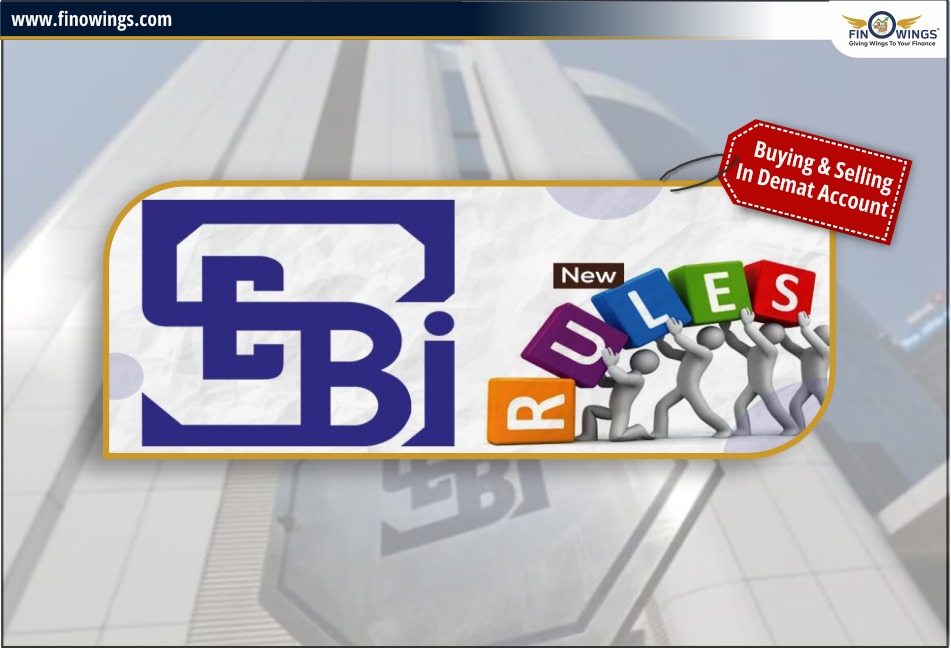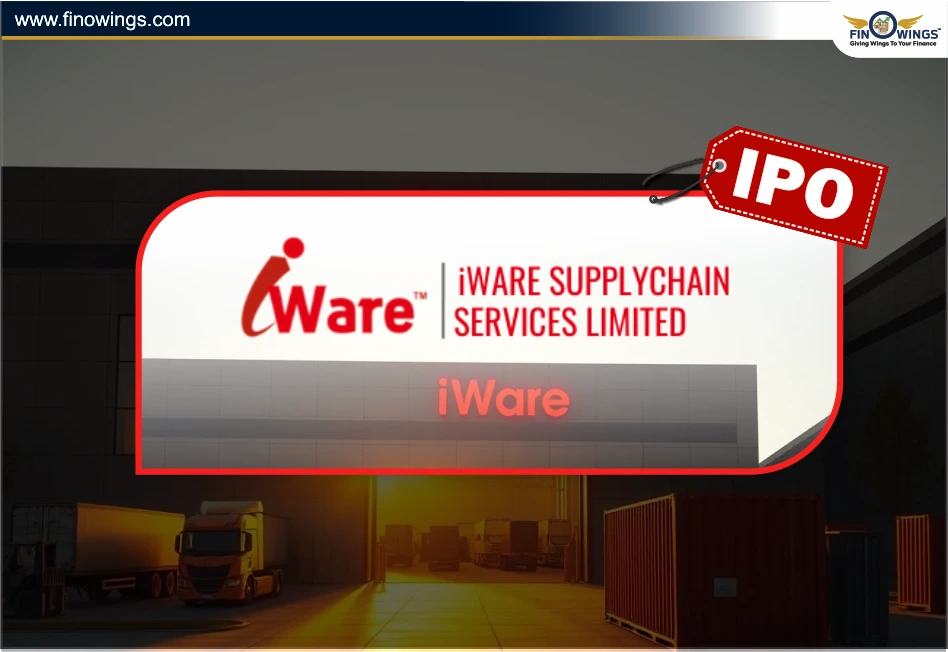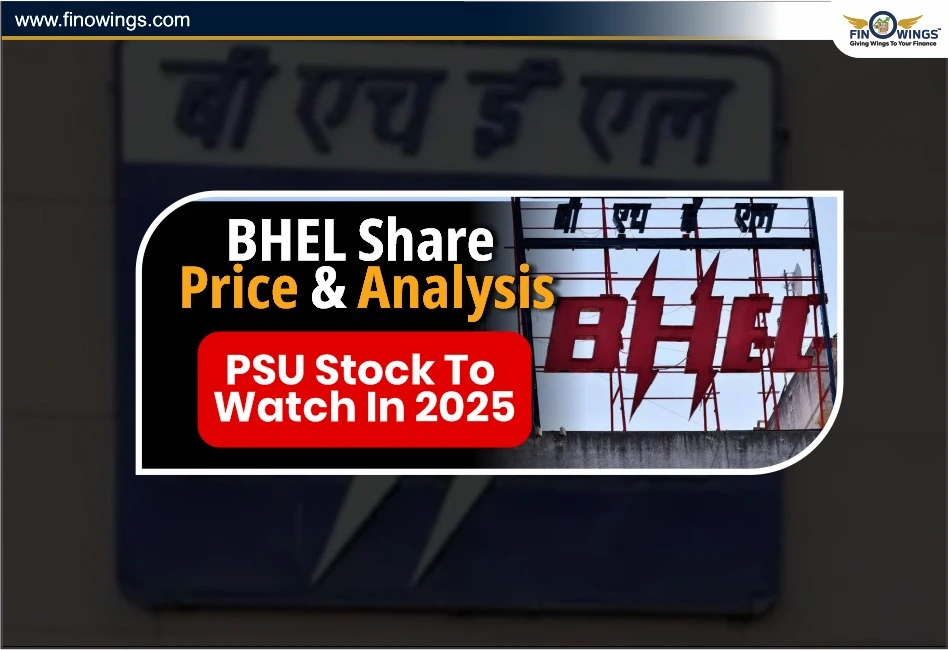Home >> Blog >> SEBI New Rules for Buying & Selling of Shares in Demat Accounts
SEBI New Rules for Buying & Selling of Shares in Demat Accounts

Table of Contents
Enhancing Investor Protection: SEBI's New Rules for Demat Accounts
Streamlining the Stock Market: SEBI's Proposal for Direct Payouts
As an active stock market trader or investor, you'll be pleased to know that the Securities and Exchange Board of India (SEBI) has introduced a new proposal aimed at enhancing operational efficiency and reducing customer risk in the stock market. This move is set to bring about significant changes, potentially impacting both investors and stockbrokers alike.
Understanding the Current Condition of buying & Selling of Shares
Currently, when you buy or sell shares, the clearing operation transfers the shares to the broker's pool account, and the broker then credits them to your demat account. This process often takes two to three days, known as the settlement period or T-day settlement. However, in recent times, some companies have introduced T+0 or same-day settlement, primarily for the top 25 stocks in the Nifty 50 index.
The primary reason behind SEBI's new proposal is to address the issues related to broker pool accounts, which have been the source of various scams in the past. The Karvy scam, involving a loss of ₹2,300 crore, and the Share Pro Jockey scam, where a share transfer agent company illegally transferred client shares, are just a few examples that have prompted SEBI to take action.
SEBI's Proposal for Demat Account: Direct Payouts to Investor Demat Accounts
SEBI's new proposal aims to streamline the process by eliminating the broker's pool account and instead, directing the payout of shares directly to the investor's demat account. This means that the shares you purchase will be credited directly to your demat account, without passing through the broker's pool account.
This move is expected to enhance transparency and reduce the risk of misuse or misappropriation of investor funds by brokers. By cutting out the middleman, SEBI hopes to tighten the grip on brokers and potentially pave the way for a more direct trading model between investors and exchanges in the next 5-7 years.
Your Opportunity to Provide Feedback
SEBI has opened a public consultation on this proposal, inviting comments and feedback from stakeholders, including investors like yourself. You can access the consultation form through the link provided in the description below and share your thoughts on this significant change.
The form allows you to express your views, whether you strongly agree, partially agree, or have any specific comments or concerns regarding the proposed direct payout system. Your participation in this process can help shape the final implementation of this new rule, ensuring it aligns with the best interests of investors like yourself.
Transparency and Investor Protection
SEBI's latest move demonstrates its commitment to enhancing the operational efficiency and transparency of the stock market, while also prioritizing investor protection. By eliminating the broker's pool account and directing payouts directly to investor demat accounts, SEBI aims to mitigate the risks of scams and misuse of investor funds.
As an active market participant, your voice and feedback are crucial in this process. I encourage you to review the consultation form, understand the implications of this proposal, and share your perspective. Together, we can contribute to shaping a more secure and investor-friendly stock market ecosystem.
Conclusion
SEBI's new proposal for direct payouts to investor demat accounts represents a significant step forward in strengthening the stock market's operational efficiency and safeguarding investor interests. By eliminating the broker's pool account, SEBI aims to enhance transparency and reduce the risk of scams and misappropriation of funds.
Your participation in the public consultation process is invaluable, as it allows you to voice your opinions and concerns, ultimately influencing the final implementation of this new rule. I encourage you to review the consultation form, share your thoughts, and contribute to the ongoing efforts to build a more robust and investor-centric stock market.
Want to Start Your Journey in stock market trading and investment? Join our Stock Market Class to become a beginner to an expert trader! We cover everything from the basics of trading to advanced strategies for picking stocks. Plus, we're offering a special discount for women and students. Don't miss out - enroll now and kickstart your path to success in the stock market!
Open a world of Stock Market by Opening a Demat Account with your favourite Broking firm & Get a trading Strategy worth Rs.15,000!
Frequently Asked Questions
SEBI has proposed a new rule that aims to enhance operational efficiency and reduce risks in the stock market by directing the payout of shares directly to investor demat accounts, bypassing the broker's pool account. This means that shares purchased will be credited directly to your demat account without passing through an intermediary.
SEBI's proposal aims to address issues related to broker pool accounts, which have been sources of various scams, such as the Karvy scam and the Share Pro Jockey scam. By eliminating the broker's pool account, SEBI intends to increase transparency and reduce the risk of misuse or misappropriation of investor funds by brokers.
Currently, shares bought or sold are first transferred to the broker's pool account before being credited to the investor's demat account, typically taking two to three days (T+2 settlement). SEBI's proposal will change this process by crediting shares directly to the investor's demat account on the settlement day, thus enhancing efficiency and reducing settlement time.
Investors can participate in SEBI's public consultation process by accessing the consultation form through the link provided in the announcement. You can express your views, whether you strongly agree, partially agree, or have specific comments or concerns about the proposed direct payout system. This feedback will help shape the final implementation of the rule.
The primary benefits include increased transparency, reduced risk of scams and misuse of funds, and potentially faster settlement times. By eliminating the intermediary step of the broker's pool account, investors can have greater confidence in the security and efficiency of their transactions in the stock market.



















